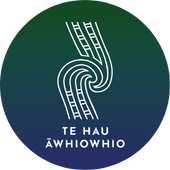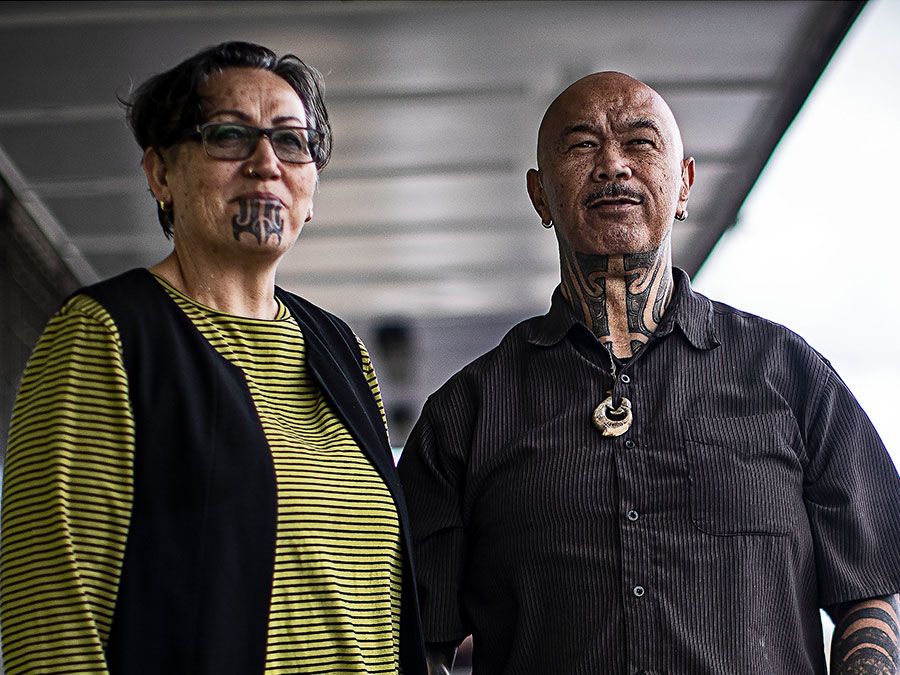A new community case of Covid-19 in Northland will frustrate the community and hurt businesses, a trust leader says.
On Sunday, the Ministry of Health announced a 56-year-old Northland woman had tested positive for Covid-19. The woman’s husband and hairdresser have since tested negative.
The woman, who lives just south of Whangārei, had completed managed isolation in Auckland’s Pullman Hotel, returning two negative tests.
After returning home, she started feeling unwell on January 15 and was tested for the virus on Friday, returning a positive result on Saturday night.
Martin Kaipo, of the Te Hau Āwhiowhio ō Otangarei trust who helped with social services and care packages in Whangārei during the last lockdown, said: “Immediately there will be frustration, from the community.”
“There will be anxiety, anger – blame even. All those emotions you expect when something like this happens.”
But Kaipo said the anger wouldn’t be directed at the woman who had tested positive – it would be directed towards the system.
“It was a system failure. That’s what needs to be looked at.
“We need to have a good hard look at our border control. You know a lot of countries are already shutting their doors to people returning from these at-risk countries, with all these new strains popping up. We [New Zealand] need to have a good look at that, I believe.”
Kaipo said Northland businesses would also suffer as a result of the positive case.
A total of 28 businesses, including cafes, bar and shops, were visited by the woman before she tested positive for the virus.
They are mainly in southern Northland, while she travelled with her husband, but the pair also went as far as Helensville in Auckland’s north-west.
Kaipo said expected people would avoid those businesses in the coming days, adding: “And that’s going to hurt those business owners. [It’s] just extremely unfortunate, but not unexpected.
Te Tai Tokerau MP Kelvin Davis told Stuff the confirmed case was a wake-up call for the Northland region that may have become “blasé” about the virus.
It was a reminder that Covid-19 was a “tricky virus” and people needed to know there was no shame in being diagnosed with it.
It was important people who were showing symptoms or had visited the same locations as the woman contacted Healthline and got tested, Davis said.
Māori needed to remain vigilant and take extra precautions, Davis said.
“We just have to be careful around our hui.
“We’ve done it once, and we may do it again, that we rely on elbow bumps or fist pumps instead of hongi.”
Read the full article via Stuff.co.nz

